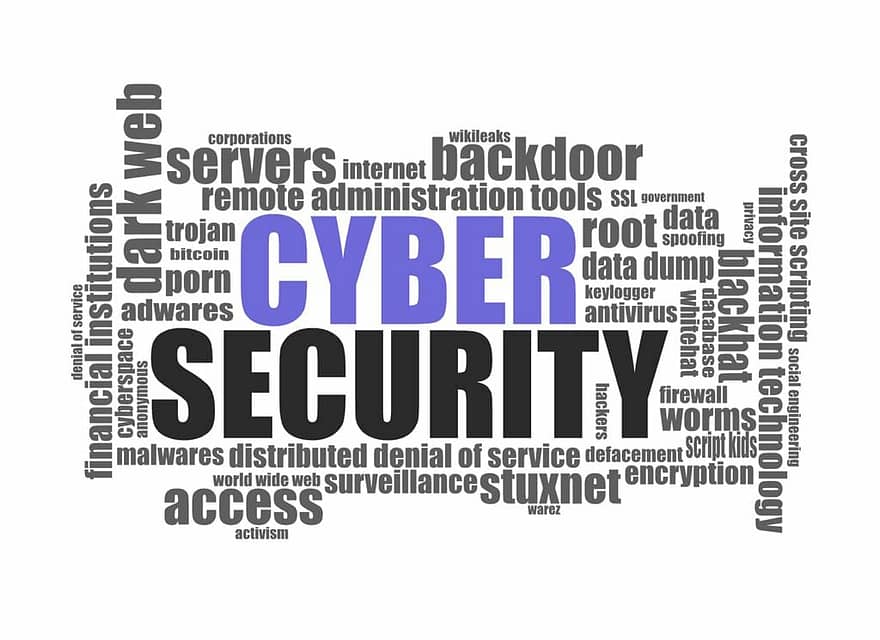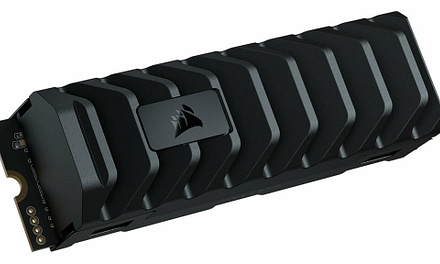Today cyber security is more important than ever. You create and share more personal information as you spend more time online. Your private and financial data could be at risk if malicious entities access the information. Therefore protecting sensitive data is essential for individuals and businesses.
Hackers often try to steal personal data such as your banking information or social security number. For business entities, data breaches may lead to increased legal, insurance, or PR costs and loss of revenue. Data breaches can also damage a business brand’s reputation.
The following cyber security tips will help secure your privacy:
Use Anti-Virus Protection and Firewall
AV protection software is the most common solution for preventing malicious attacks. The software blocks harmful viruses from accessing your devices and exposing your data to risk. To guarantee high protection standards, always check for cybersecurity in-depth reviews before purchasing AV software from reputable vendors. Firewalls also play a vital role in defending your systems against malicious onslaughts. A firewall can screen out viruses and any malicious activity happening over the internet. It also determines what traffic is permitted into your system. The most common firewalls are Windows and Mac Firewall meant for Windows and Mac operating systems. To prevent attacks on your network, ensure that your router has an inbuilt firewall.
Be Wary of Links
Hackers use links in emails to obtain secure information from individuals. The links are usually in flight reservations, password recovery emails, banking statements, and much more. If you click on any links, you will be redirected to a bogus site identical to the legitimate site. You will receive a prompt asking you to log in or key in private information. Once the hacker gets this information, they can access your account. Therefore, you must always look for any links in your email. Do not click on any suspicious links. Instead of using an email link, the safest option is always visiting a provider’s website directly.
Keep Your Software Updated
Ransomware attacks pose a significant risk to consumers and businesses today. Patching outdated software is one of the most important measures you can take to prevent ransomware attacks. You should always keep your operating system and applications updated to the latest versions. This helps repair critical loopholes that hackers often use to access your system illegally. You can do that by:
- Turning on automatic updates for your devices
- Ensuring your web browser uses auto security updates
- Update all your web browser plugins such as Flash and Java
Use Two-Factor or Multi-Factor Authentication
This kind of authentication complements the typical passcode identification method by adding extra layers of security. Two-factor authentication requires you to input one different authentication method such as a PIN, fingerprint, or password. On the other hand, multi-factor authentication needs more than two additional authentication ways after entering your password and username. Since Hackers can deploy malware against telecommunication networks, it is not advisable to use an SMS delivery for two-factor identification.
Vary Your Passwords and Use a Password Manager
Most people think it is easier to have one password for all their different accounts. However, this approach is not the most secure. The best way is to vary your password for each account and the various platforms you use. A password manager will store all your credentials in a single place. It alleviated the need to remember all your passwords. Top examples of password managers include LastPass, 1Password, and KeePass.
Protect Your Sensitive Personal Identifiable Information (PII)
This is any information that a cybercriminal can locate or identify you. It includes your name, address, date of birth, Social Security Number, phone numbers, and other digital or physical identity data. It would help if you were careful about your information on online platforms such as social media sites. Review all your privacy settings on all your accounts to limit your vulnerability.
Avoid Unnecessary Downloads
Downloads are one of the main tactics hackers use to access your systems. Permanently restrict your downloads to protect your data. Avoid any unnecessary browser extensions or software. If you run an organization, ensure your staff needs permission before making any downloads. If you think a download is safe, always opt for a custom install and observe. Decline any extensions or add-ons pop-ups during automatic installations.
Data breaches can cause a lot of damage to both individuals and businesses. Therefore, if you are a business leader or an individual, you must adequately protect your data. Follow the tips above to help you navigate the digital world without worries.













